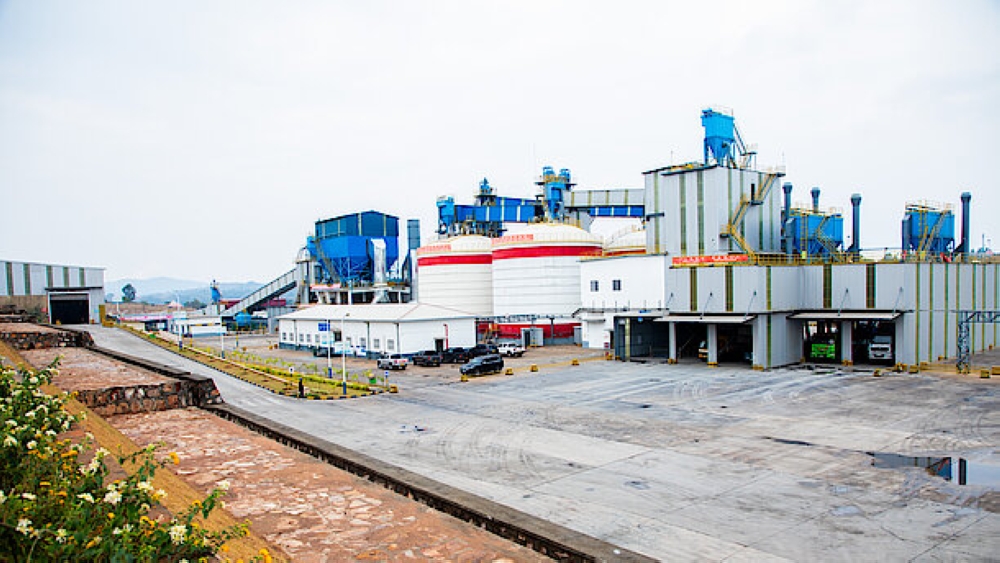A career in the development sector is a popular choice for school leavers. Why? There are a few reasons. One is that you can work for a cause you believe in, while earning a wage. The sector pays quite well, in comparison to other sectors. If you want to travel with work, or work as part of a diverse team, it’s also a good option.


A career in the development sector is a popular choice for school leavers. Why? There are a few reasons. One is that you can work for a cause you believe in, while earning a wage. The sector pays quite well, in comparison to other sectors. If you want to travel with work, or work as part of a diverse team, it’s also a good option. So, if you want a career in the development sector, and you’re currently in school, how might you achieve your aim? Of course, there are many ways you might go about this. Below is what I recommend.Traditional coursesWhen you’re considering your options for post secondary education, consider a ‘traditional’ degree course from a good university. What do I mean by that? Well, don’t study Sports Science for a start. Apply for Law, or History, or Mathematics, and consider a well-established university like the National University of Rwanda. Even if your degree isn’t directly related to the development sector, a solid degree from a good university will be respected when you apply for a job.While at it, take some time to learn about how the sector works. For instance, who makes the decisions? What are the biggest organisations in the sector? How do these organisations fund their activities? What work are they doing in Rwanda?VolunteerAfter university, consider applying for volunteer or internship opportunities – the fact that you are willing to sacrifice your time (and a good wage) is evidence of your commitment to working in the sector. It will make you stand out above applicants who think they can walk straight into a job. Take some time to learn basic computing applications (MS Word, Excel, Outlook, and PowerPoint in particular).Don’t be surprised if you can’t walk straight into your dream job in the sector – and don’t be afraid to take a lower level job in an organisation you want to work for. I have a colleague who applied for a job with a focus on administration, when what he wanted was a management position. A year after taking the job, and having worked hard at it, he was noticed. When a managerial position came up, he was interviewed and offered the job! There are many opportunities for being promoted internally. That said, working in this sector is generally fast-paced and demanding. Expect to work hard, and to work long hours. A good work ethic – working hard – will also make you stand out when it comes to internal promotion.Prepare for interviewsIn my experience of interviewing people, I have noticed that many Rwandans have little idea of how to impress an interview panel. If you are offered an interview, do your homework. Find the organisation’s web site and learn exactly what they do. If you have to fill an application form, take this seriously. Choose your referees carefully. Make sure that not only will they write a positive reference for you if asked, but also that you have referees that will impress the prospective employer. So, don’t put your pastor (unless you are applying for a job with a Faith-based Organisation), but consider putting one of your professors at university, or the head of an organisation you interned or volunteered with.At the interview itself, dress smartly, make sure your phone is on silent, and don’t answer it in the interview! If the panel asks you at the end if you have questions, don’t ask how much holiday you are entitled to! Use the opportunity to demonstrate your knowledge about the organisation and ask questions that will impress. Most important of all, don’t give up. Sometimes breaking into this sector is difficult, but once you’re in it, you’ll find it easier to find other opportunities. If you’re determined, you will get there!Charlotte Phillips is the Interim Country Director, VSO Rwanda. www.facebook.com/ VSORwanda




